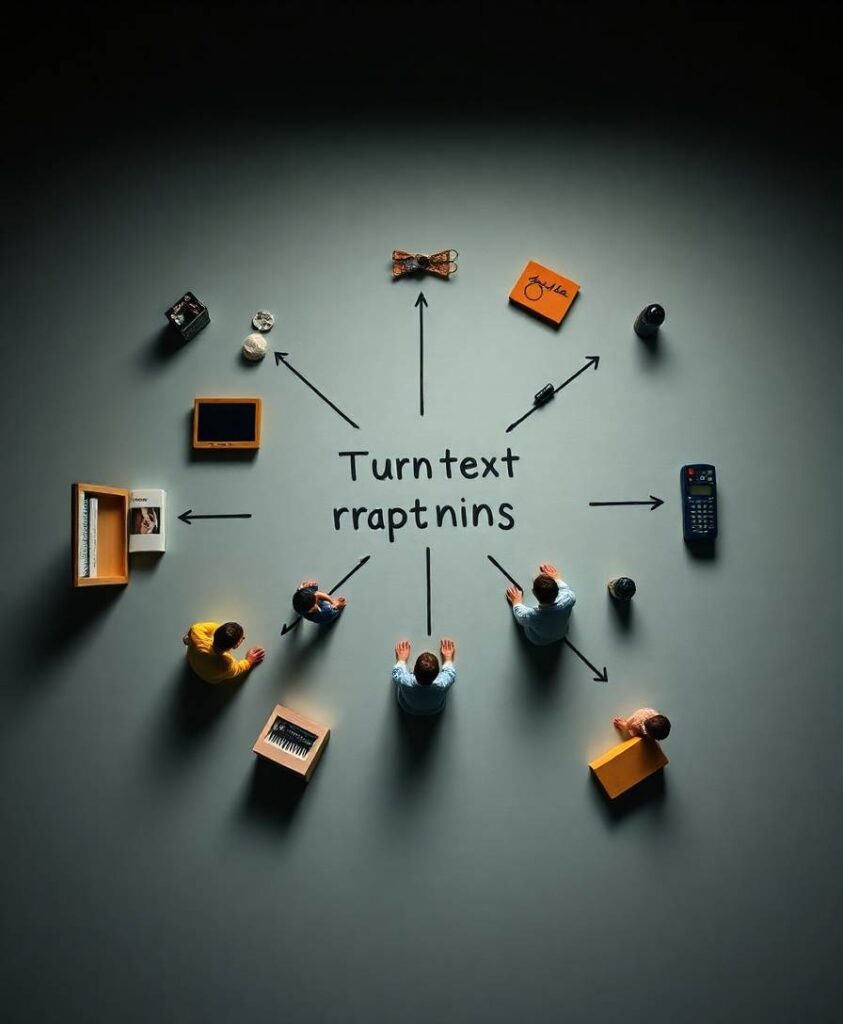A crucial point in neuroscience is how to correctly decode cognitive information from brain dynamics for motion control and neural rehabilitation. However, due to the instability and high dimensions of electroencephalogram (EEG) recordings, it is difficult to directly obtain information from original data. Thus, in this work, we design visual experiments and propose a novel decoding method based on the neural manifold of cortical activity to find critical visual information. First, we studied four major frequency bands divided from EEG and found that the responses of the EEG alpha band (8–15 Hz) in the frontal and occipital lobes to visual stimuli occupy a prominent place. Besides, the essential features of EEG data in the alpha band are further mined via two manifold learning methods. We connect temporally consecutive brain states in the t distribution random adjacency embedded (t-SNE) map on the trial-by-trial level and find the brain state dynamics to form a cyclic manifold, with the different tasks forming distinct loops. Meanwhile, it is proved that the latent factors of brain activities estimated by t-SNE can be used for more accurate decoding and the stable neural manifold is found. Taking the latent factors of the manifold as independent inputs, a fuzzy system-based Takagi-Sugeno-Kang model is established and further trained to identify visual EEG signals. The combination of t-SNE and fuzzy learning can highly improve the accuracy of visual cognitive decoding to 81.98%. Moreover, by optimizing the features, it is found that the combination of the frontal lobe, the parietal lobe, and the occipital lobe is the most effective factor for visual decoding with 83.05% accuracy. This work provides a potential tool for decoding visual EEG signals with the help of low-dimensional manifold dynamics, especially contributing to the brain–computer interface (BCI) control, brain function research, and neural rehabilitation.






